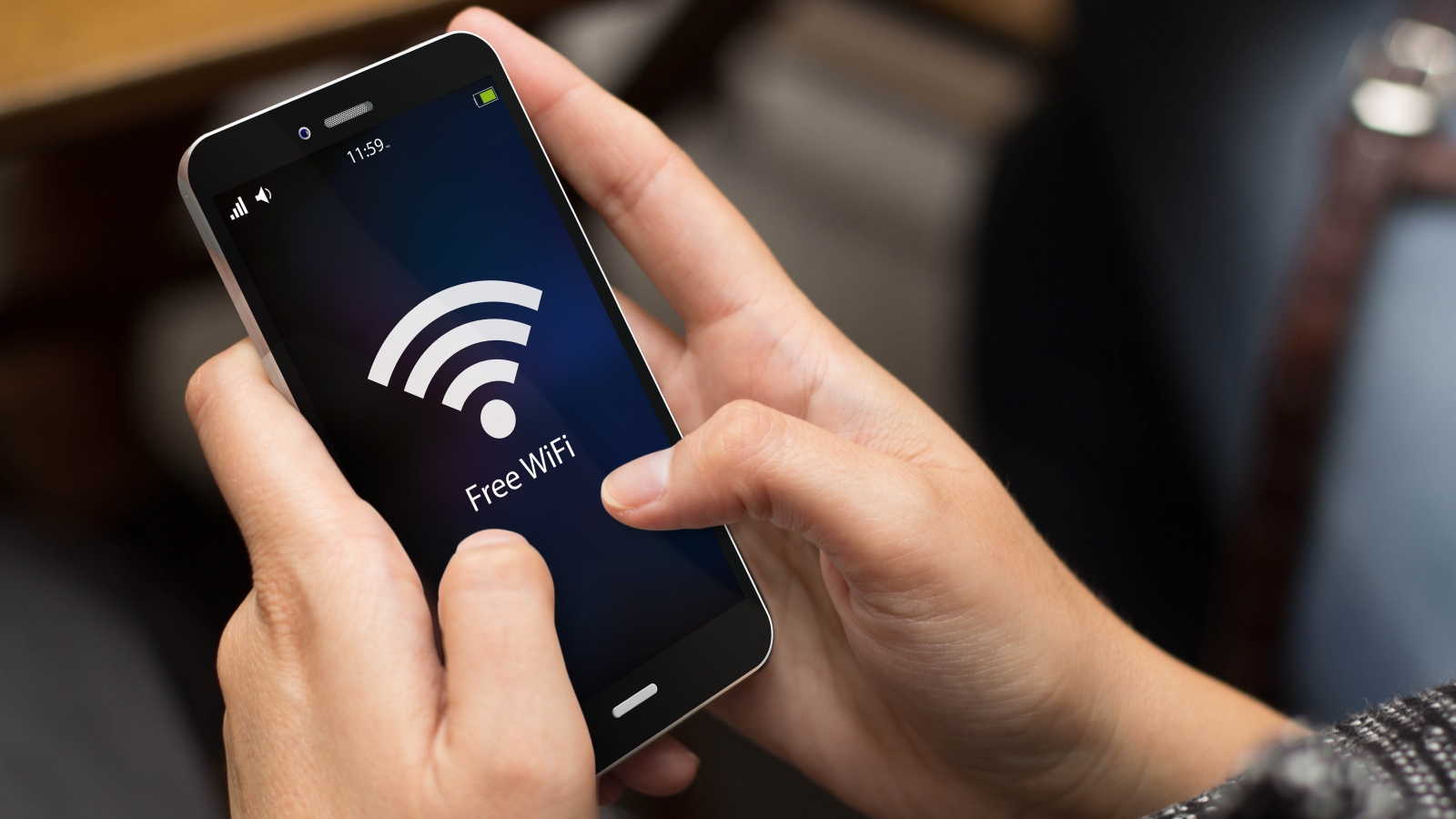Avoid a Halloween horror by securing your Wi-Fi

Your home Wi-Fi network is almost as important as running water and electricity these days, thanks to the growing number of devices we have in our houses that need to be connected to the internet. With an increasing number of us working from home, this is now more true than ever - but this also means it’s more important than ever to make sure your Wi-Fi network is completely secure.
If malicious users gain access to your home Wi-Fi, they can intercept your data and cause havoc. They may be able to steal personal information - and if you have data for work that’s exposed, the implications could be even more severe.
Our homes are also full of smart devices - also known as Internet of Things devices - and these can be susceptible to attacks as well.
So, it’s important to make sure your Wi-Fi and any devices connected to it are completely protected, and we’ll show you some tips for doing just that.

Change the default passwords
If you buy a new router, or you get a modem and router free with your ISP (Internet Service Provider), then it’ll come set up with default passwords - and you should change these as soon as possible.
While changing the default password to access your WI-Fi is important, what’s actually more important is changing the admin password for your router. These passwords can sometimes be easily found on the internet, and by using them, people can access the settings of your router and cause serious problems.
Make sure you change the passwords to something that can’t be guessed, but also something you won’t forget. Security tools such as Bitdefender Total Security come with password tools that can suggest strong passwords, while also securely storing your passwords so you don’t get locked out.

Enable Guest mode
We’re all used to visitors coming round to our homes and asking if they can log into our Wi-Fi. However, most routers these days - including free ones from your ISP - come with an option to turn on ‘Guest mode’.
This creates a new wireless network that your guests can log onto. It will still allow them to access the internet, but it can’t be used to change any of your router settings or access certain devices on your network. While we’re not suggesting any of your guests would use your Wi-Fi for nefarious reasons, this eliminates the possibility of them accidentally changing any settings. You can also restrict websites - protecting them (and you) from any that may host malware or other nasties.
More importantly, you should give your Guest Wi-Fi a different password to your normal Wi-Fi, so when people log on, provide them with that, while keeping your home Wi-Fi password secret.

Update your devices
It’s always vital to keep your devices updated, as manufacturers will release security patches that can fix any security holes, and if you don’t update, those holes will remain open.
Older devices may be more prone to security risks, so these are especially important to keep updated. With an increasing number of smart devices in our homes, that means there are more devices to ensure are updates. This can be a bit of a chore, but keeping your Wi-Fi secure will be well worth the hassle.
To help keep an eye on your Wi-Fi, Bitdefender Total Security comes with the Wi-Fi Security Advisor tool, which can assess how secure your Wi-Fi network and router are, and give you advice on how to improve it.
Meanwhile, its Vulnerability Assessment tool can scan devices its installed on and warn you if there are any security problems, or out of date software, detected.

Use a VPN
Using a VPN (virtual private network) is a great way to keep yourself, your devices and your Wi-Fi network protected. It encrypts your data so malicious users cannot see what you’re doing, and it obscures your location.
This makes it even more difficult to attack your Wi-Fi network and the devices connected to it, and it can even help you access region-blocked services.
Bitdefender Total Security comes with a free VPN that offers 200MB per day of traffic, and makes protecting your devices easier than ever.
Get instant access to breaking news, the hottest reviews, great deals and helpful tips.
 Club Benefits
Club Benefits





